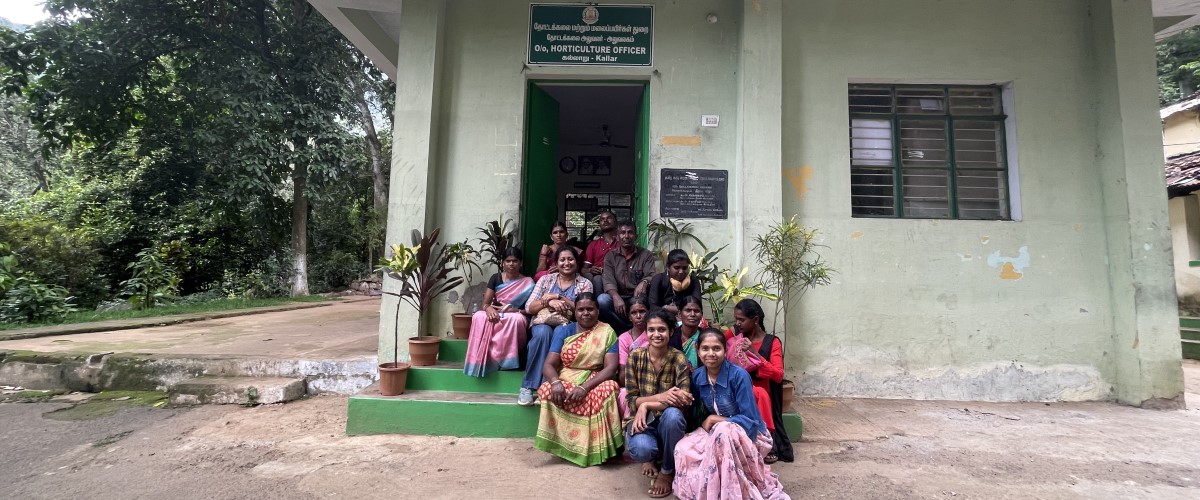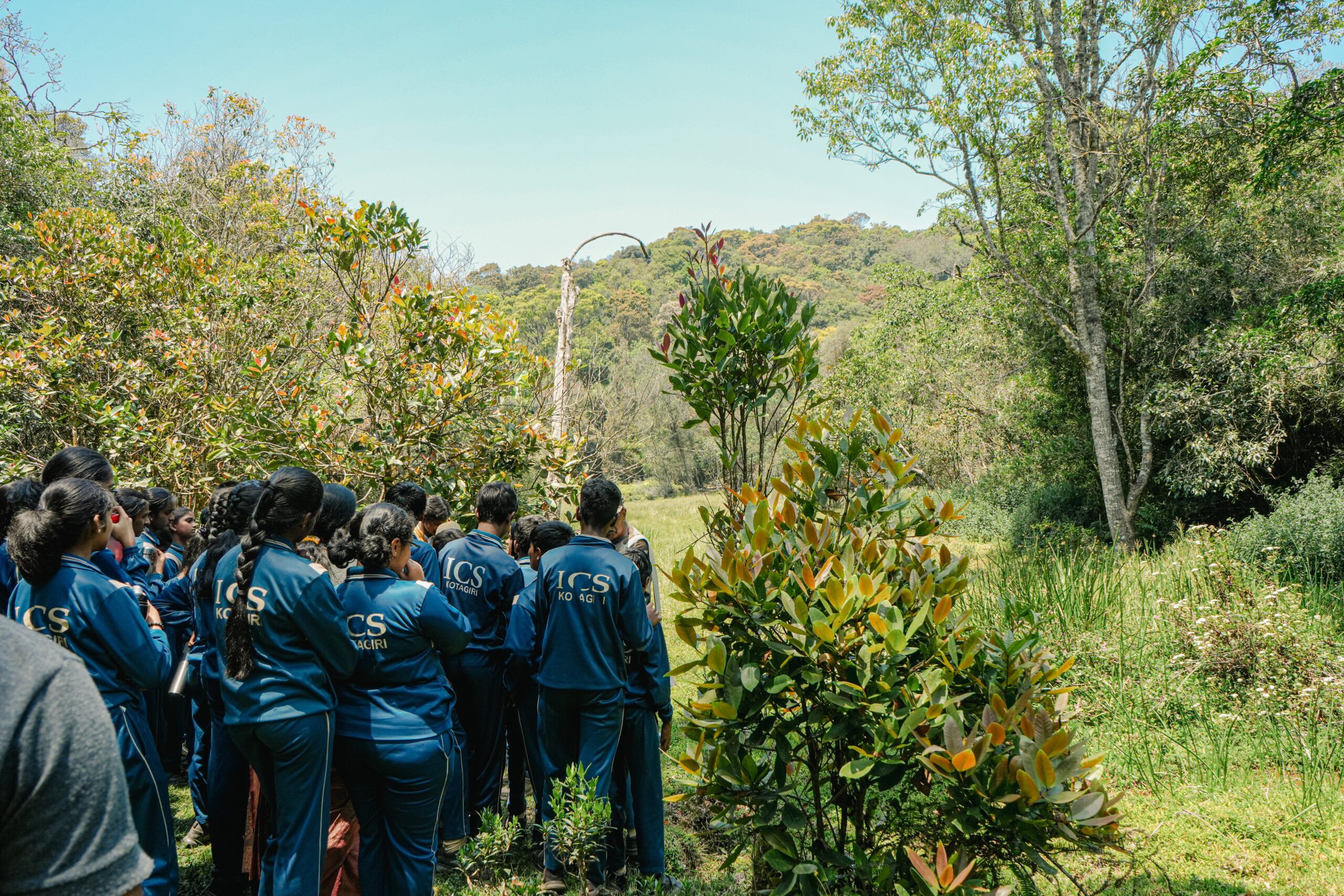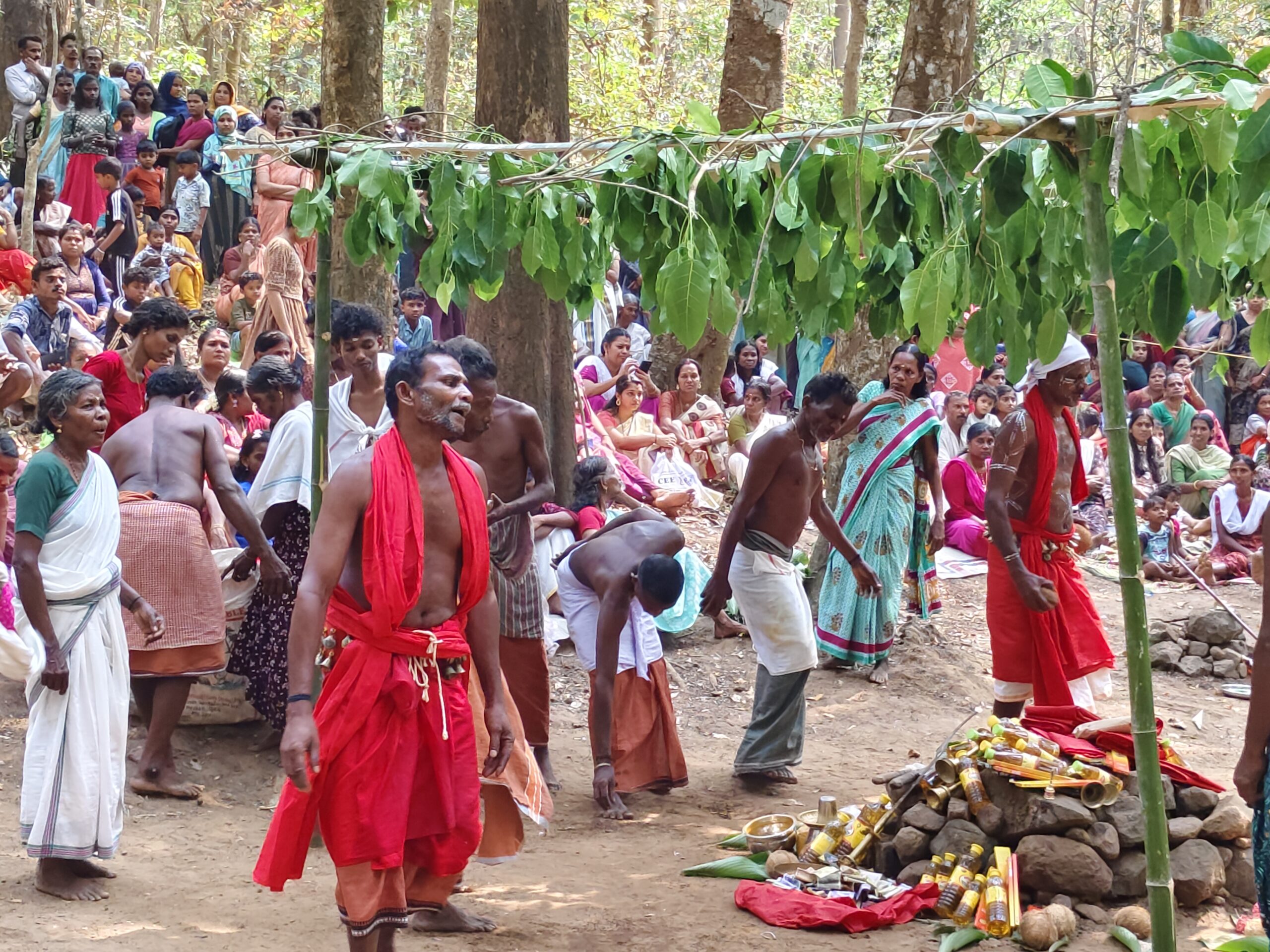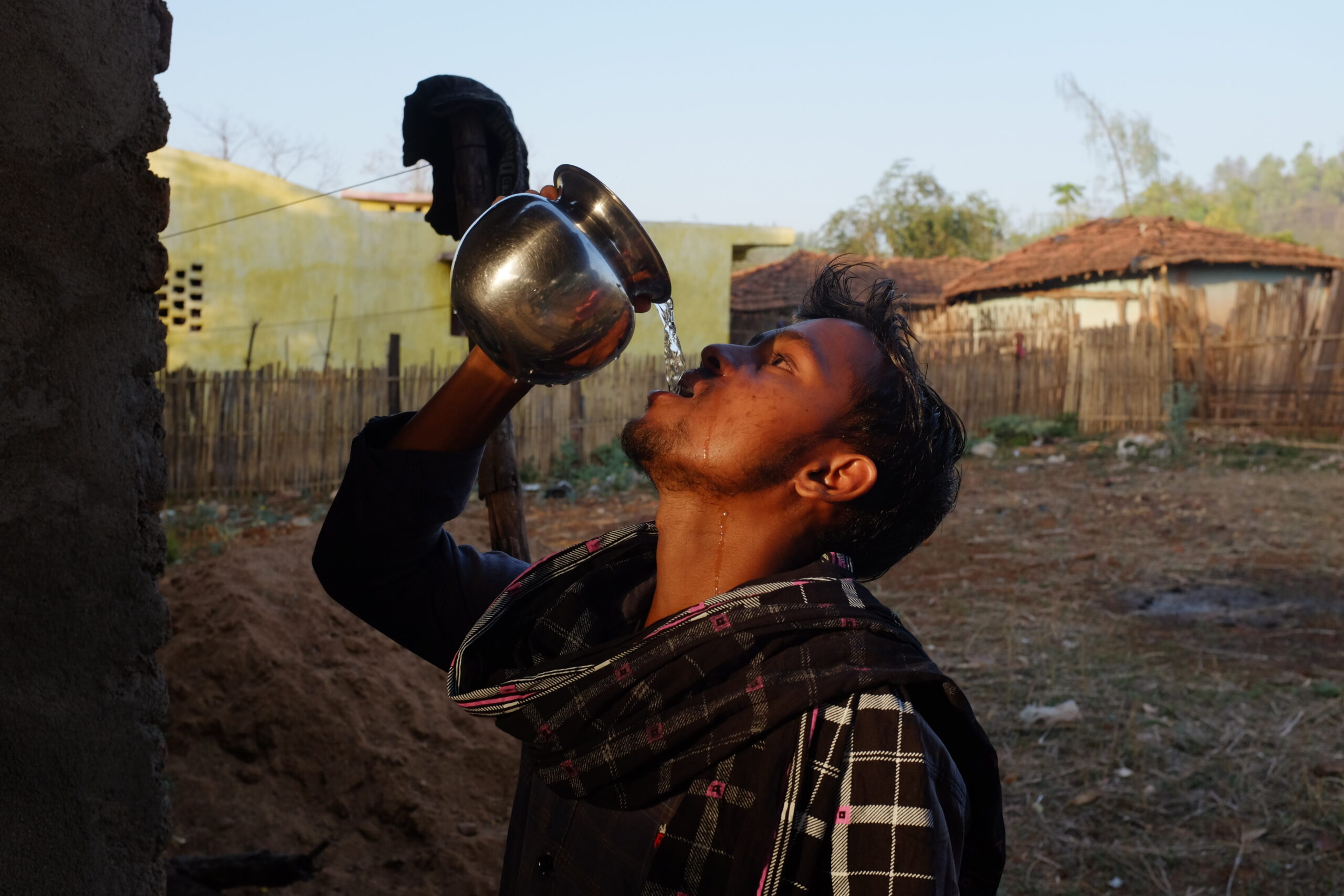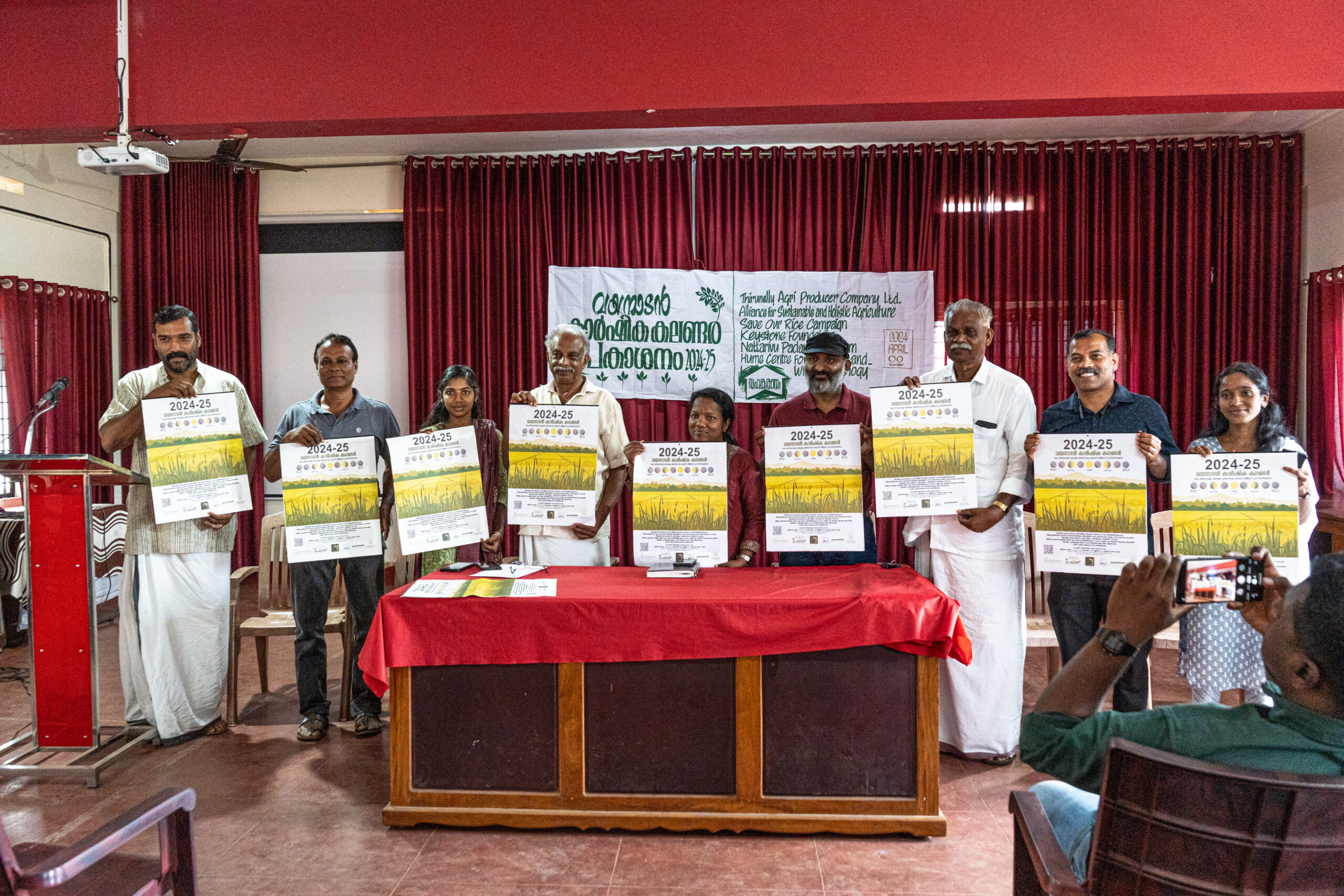October 30, 2023
By Bhavya George & Reshma R.
Programme Coordinator & Consultant, Climate Change
A study by the Food and Agriculture Organization titled “Small farms, big impacts: mainstreaming climate change for resilience and food security” stresses the threats climate change poses to agriculture and smallholder farmers. Smallholder farmers play a critical role in global food security and are facing more extreme weather as they are impacted more immediately by droughts, floods and storms.he gradual effects of climate change, lead to water stress in crops and livestock, coastal erosion from rising sea levels, and unpredictable pest infestations. This is also because smallholder farmers and their families have few assets to fall back on and limited ability to recover from climate extremes.
This narrative is no different in Keystone’s field areas. This article talks about the Sigur region, where we tried Analog Forestry as a solution to climate change impacts, particularly for smallholder women farmers. As defined by the International Analog Forestry Network, “Analog Forestry is an approach to ecological restoration that uses natural forests as guides to create ecologically stable and socio-economically productive landscapes”. In simple words, this means mimicking the natural forest nearest to the implementation farm. This idea was initially practiced in Guatemala and California in the 1970s, and concepts were tested on the ground in Sri Lanka in 1983. The network was created in 1996 to develop and popularize the Analog Forestry (AF) tools.
The implementation follows 12 main steps/principles:
- Observe and record,
- Understand and evaluate,
- now the land,
- Identify levels of yields,
- Map flows and reservoirs,
- Reduce external input,
- Be guided by the needs of the landscapes,
- Follow ecological succession,
- Use ecological processes,
- Value biodiversity,
- Respect maturity and respond creatively.
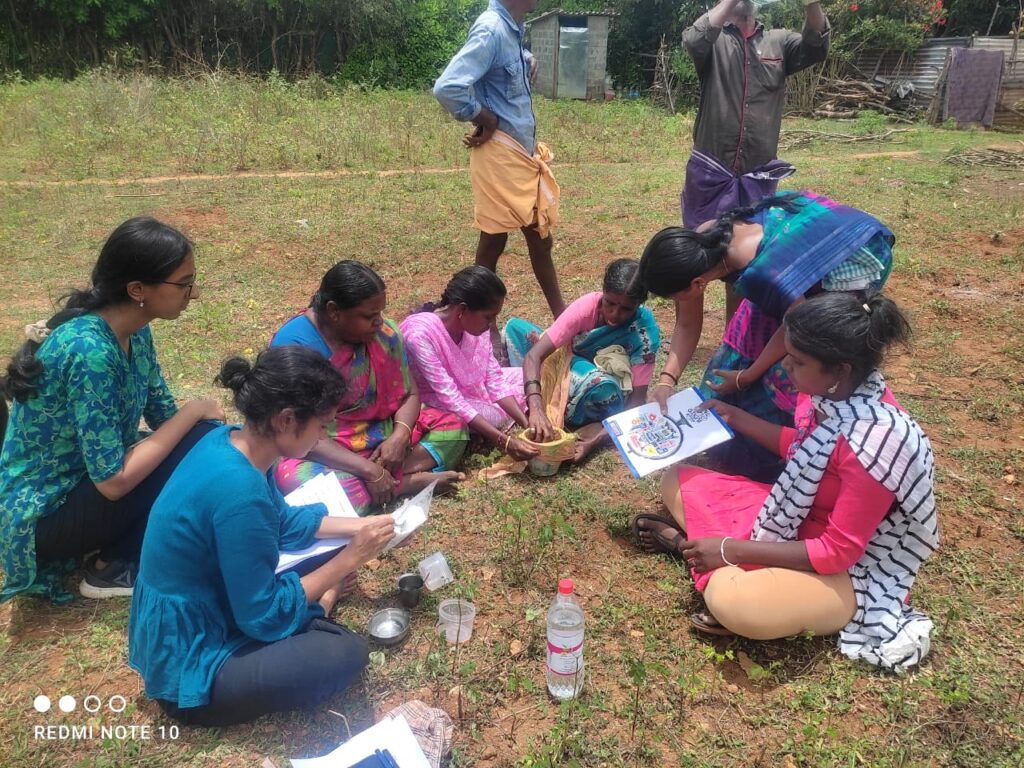
Though this list looks quite overwhelming, implementation is made easy through workshops and various tools, monitoring notebooks and hands on experiments for the promoters/practitioners. As it looks at farming in a holistic and diverse way, it helps the small holders not just to restore their land and become climate resilient but also to diversify their economy.
In Keystone Foundation, we piloted an Analog Forestry programme in October 2021 with four promoters (2 from Sigur and 2 from Pillur region). The programme consisted of a mix of online workshops and farm implementation supported by seed money from IAFN. The approach was found quite useful and applicable to our context, and in 2022 we scaled it up to ten promoters from Sigur region. This was supported by GAGGA financially and technical support from IAFN.
In Sigur, this approach was promoted as a Gender Just Climate Solution, allowing for decision-making about the choice of crops as a family and not as an individual and providing women the space to decide. We also had discussions about the gendered impacts of climate change in our meetings and trainings, specifically focusing on nutrition and water security–such issues affect men and women differently and it is important to note these differences.
Over one year, we held three online workshops with IAFN–one on the ecological fundamentals of Analog Forestry facilitated by Dr Ranil Senanayake, another on water Catchment and irrigation system techniques facilitated by Balachander T., and a third on guidelines for the designs of AF sites. These workshops helped new promoters strengthen their basic understanding and come together as a collective to discuss climate issues and solutions. Though online workshops were for an hour, we added an element of hands-on training after the virtual meet, allowing promoters to find a fun and easily understandable mix of theory and practice.
A major highlight from the year was our one day field exposure visit to the Kallar Horticulture Farm in Mettupalayam. There was a rush of curiosity and interest in knowing about developing horticulture farms. The visit included interaction with the horticulture officer and understanding about the techniques of nursery and horticulture in general. Our promoters had a rush of curiosity and interest in knowing about developing horticulture farms.
The Analog Forestry Pilot has been just a step in the right direction, and with continuous engagement and feedback from the promoters we are aiming to scale it up to more sites. A thorough socio-ecological monitoring of model plots will lead a path towards developing this as one of the Gender Just Climate Solutions.

